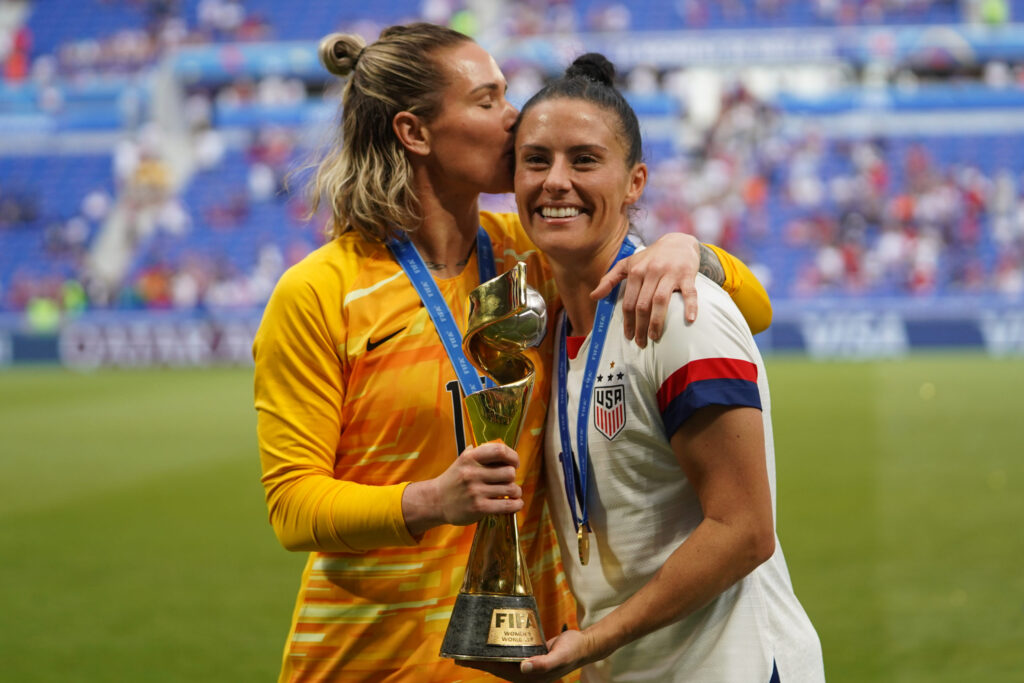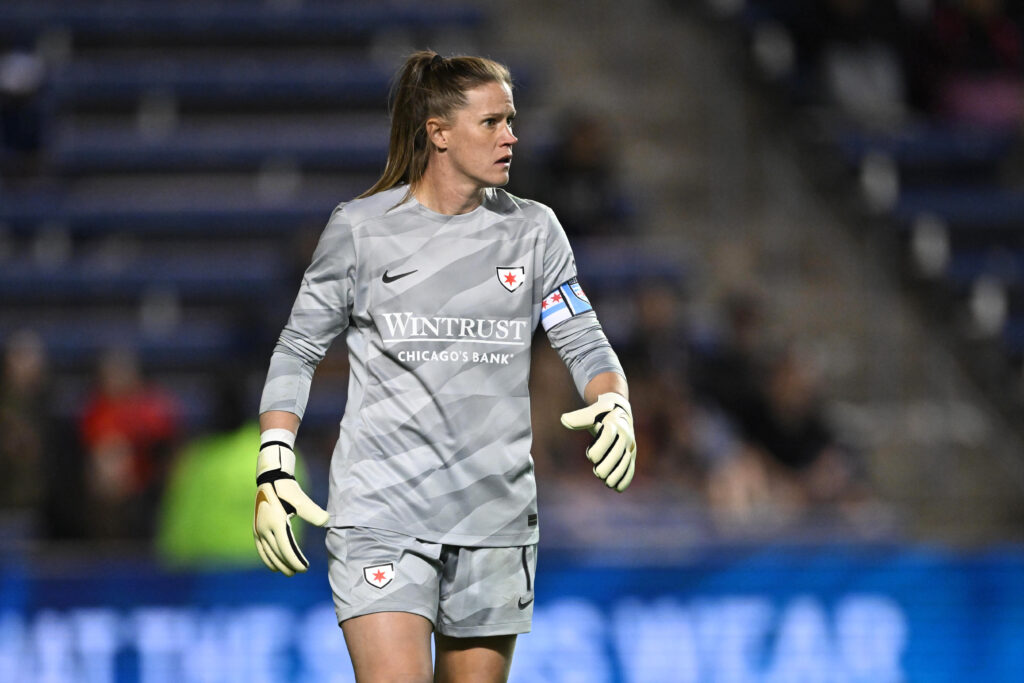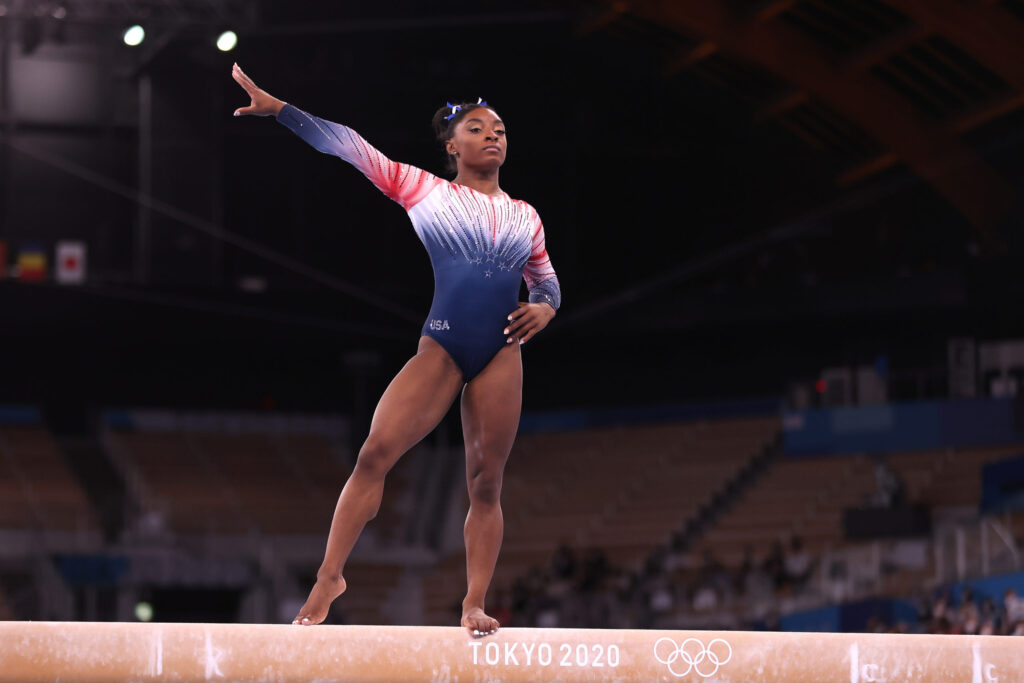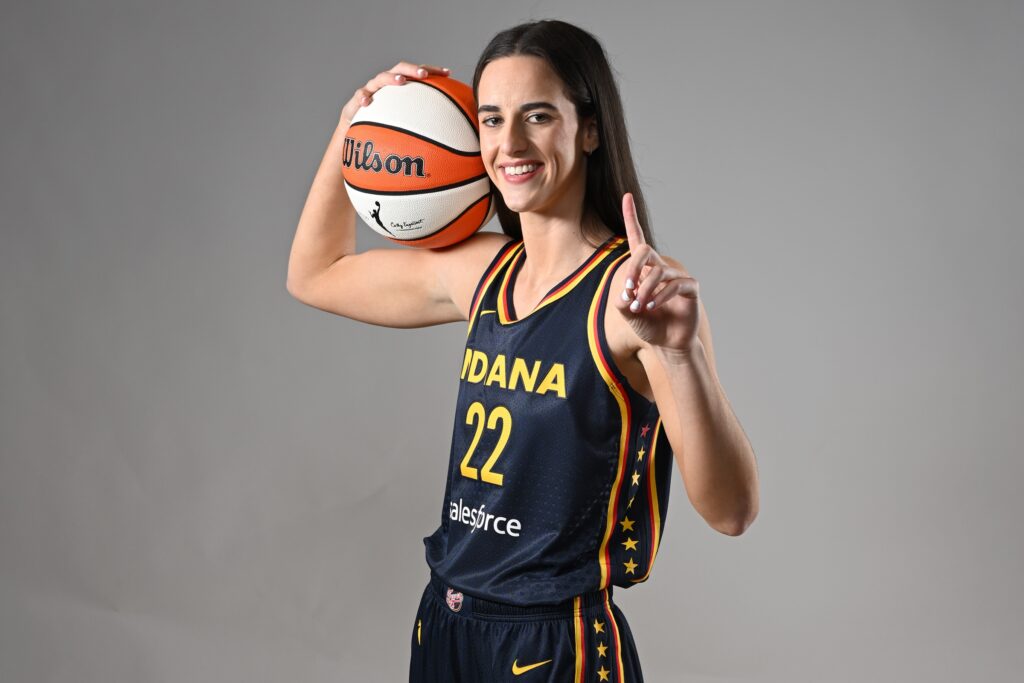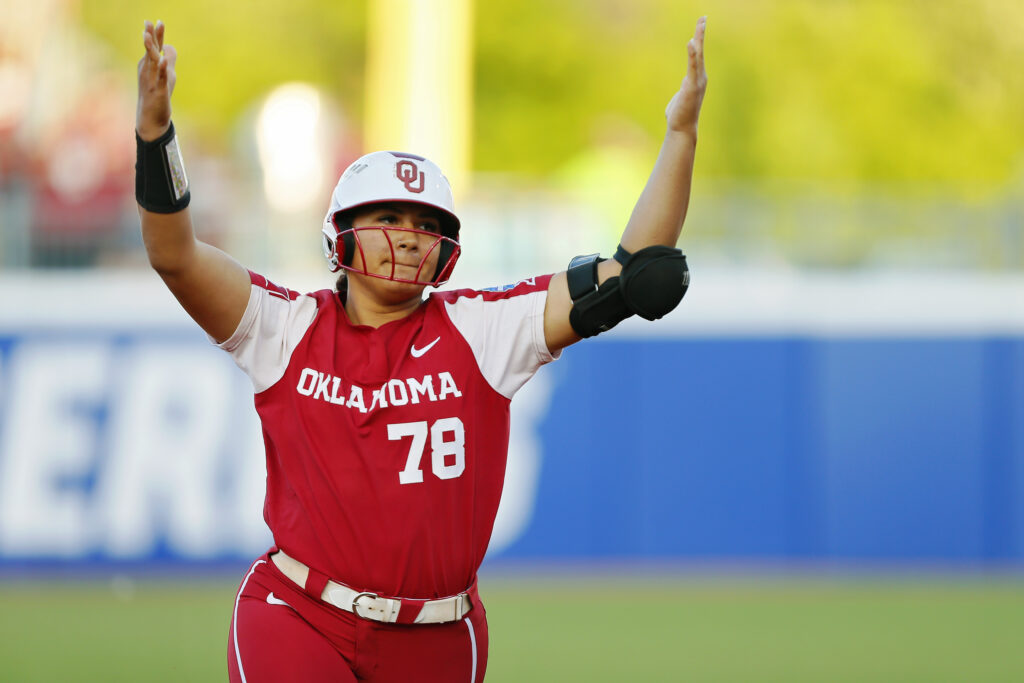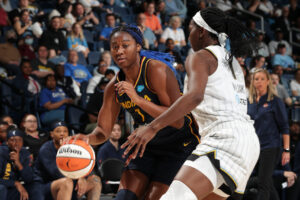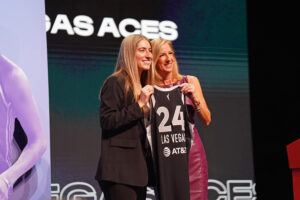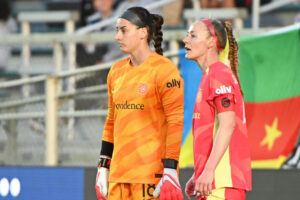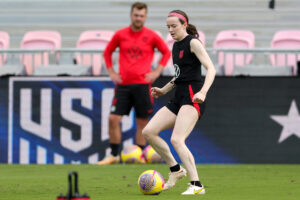Ali Krieger won her second World Cup title with the U.S. women’s national team in 2019. But the two years before that tournament were among the toughest of her career, she told Lynn Williams and Sam Mewis on the latest episode of Snacks.
An 11-year member of the USWNT, Krieger made 108 appearances for the squad. But she played sparingly for the USWNT in 2017 and not at all in 2018, as she went 18 months without a call-up.
“I lost two years with the team and I didn’t really understand why,” she said. “That was another moment in my life, in my career and my personal life, that was really difficult to overcome because you just didn’t have a reason.
“It was like breaking up with somebody and you never had closure because you didn’t really know the reasons why. I didn’t know really what to work on to improve in my game so that I can get back out there and practice and train and, and figure out how I can better myself to get back on the team. So that was a low moment I think for me.”
In April 2019, she returned to the USWNT and played a full 90 minutes in a friendly against Belgium almost exactly two years after her last appearance for the team. She went on to make three appearances during the World Cup, including in the championship match.
While Krieger has had a long and storied career, it hasn’t always been easy. She’s played professionally since 2006, including for the entirety of the NWSL’s existence. And for Krieger, staying in the game meant learning she could control — and what she couldn’t.
“There’s gonna be times where, you know, coaches might not like you. You might go through fights with adversity and injury and you might not be playing your best at some points during your career,” she said. “And you have to have that mental capacity and the positivity to really stay within the game and the level that you want to play at.”
Krieger has focused on her mental health, which has helped her remain steady through her career.
“Self-talk is really, I think, what has helped me stay here for so long because emotionally and physically, I could get on the line all day and run, right?” she said. “It’s like you don’t want to, but you’re able to physically do it. But mentally, through all the adversity and everything that kind of comes your way and is thrown at you, whether that be on the field, off the field, fans talking shit to you, fans supporting you, coaches might not like you that day, maybe they like you the next week?
“There’s so many different moments. There’s so much to unravel, and all the layers piled on to just being an athlete 24/7 for this amount of time, you really have to be strong mentally.”
